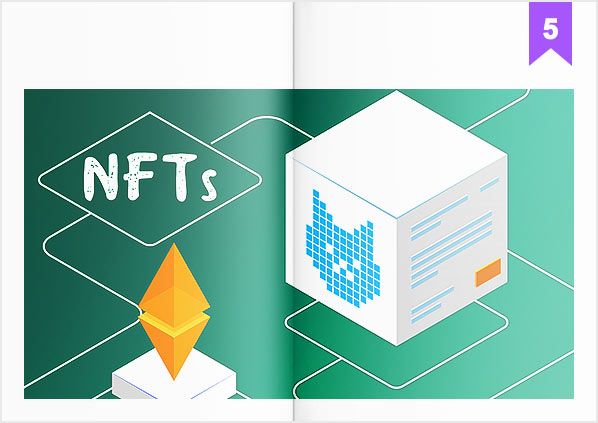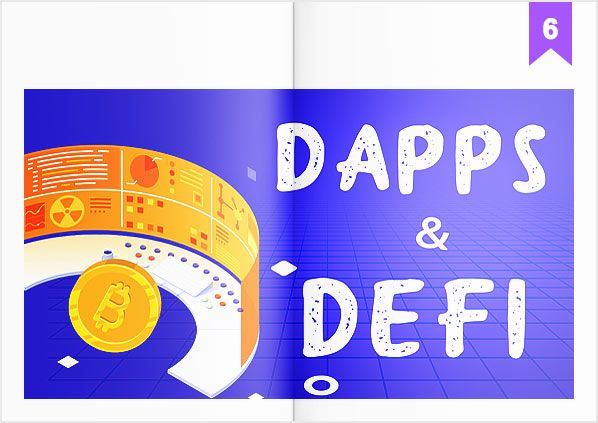Proof-of-Work (PoW)</strong></a> blockchain. Nevertheless, the staking pool setup can be only accessed on blockchains that use the PoS structure.</p>\n<p>In essence, the idea is that <strong>the more</strong> <strong>the user stakes, the higher chances he will be rewarded</strong>. The majority of staking pools also promote longer and regular staking periods.</p>\n<p>This is because the longer the user holds his assets in the pool, the more chances that he will, in fact, earn rewards. These rewards are usually assigned and expressed in <a href=https://www.bitdegree.org/"/crypto/learn/crypto-terms/what-is-annual-percentage-yield-apy/">APY./nThose that take part in a staking pool lock or, in other words, stake their assets into the pool and cannot use them until they are reclaimed or the staking term ends. This method improves network security by verifying and validating new blocks.</p>\n<p>Stakers receive a portion of the revenue from block rewards.</p>\n<p>Because the majority of those that participate in the network hardly ever obtain significant resources to stake independently, a lot of participants tend to choose to contribute their capacity to a staking pool.</p>\n<p>Moreover, <strong>these pools often have their own manager or</strong> <strong>pool administrators</strong> who are in charge of maintaining the <a href=https://www.bitdegree.org/"/crypto/learn/crypto-terms/what-is-node/">nodes as well as validators functional.</p>\n<p>Even though some pools need users to sake their coins with a third party involved, there are many other choices that give the opportunity to stakeholders to contribute with their staking power while still keeping coins in their <a href=https://www.bitdegree.org/"/crypto/learn/crypto-terms/what-is-wallet/">wallets.
/nFurthermore, staking pools behave identically to <strong><a href=https://www.bitdegree.org/"/crypto/learn/crypto-terms/what-is-defi/">decentralized finance (DeFi)</a> </strong>protocols, nevertheless, some pools are project-specific and employ native currencies for their protocols.</p>\n<p>Another goal of these staking pools is to <strong>secure</strong> <a href=https://www.bitdegree.org/"/crypto/learn/crypto-terms/what-is-liquidity/">liquidity into the protocols, guaranteeing that there are enough assets to fulfill the DeFi requirements. Moreover, the incentives in these DeFi pools contain a share of the income made by the various protocols.</p>\n<p>This is why APY rates in DeFi staking pools may be significantly greater than in ordinary PoS staking pools.</p>","level":"medium","meta_title":"What is Staking Pool? Definition & Meaning | Crypto Wiki","meta_description":"Staking Pool meaning: Staking Pool - allows several stakeholders to combine their computing resources in order to increase their chances of obtaining a reward.","meta_keywords":null,"language":"en","created_at":"2022-03-30T13:06:33.000000Z","updated_at":"2022-11-21T14:39:36.000000Z","preview_url":"https://www.bitdegree.org/crypto/learn/crypto-terms/what-is-staking-pool"},"prevSection":{"id":718,"original_id":null,"author_id":40,"translator_id":null,"title":"What is Spoon (Blockchain)?","slug":"what-is-spoon-blockchain","section":"S","keyword":"Spoon (Blockchain)","status":"published","definition":"A spoon is a sort of a blockchain fork in which a new coin acquires the old cryptocurrency’s account balances.","content":"<p>In general, a <strong>spoon</strong> is a form of blockchain <a href=https://www.bitdegree.org/"/crypto/learn/crypto-terms/what-is-fork-blockchain/">fork in which the new coin acquires the old cryptocurrency's account balances. New projects can add their own functionality to the prior program while still enabling current standard users to participate in it. It acts as a way to attract users and developers of an existing platform.</p>\n<p>Their installation is rather difficult so they are still uncommon in the <a href=https://www.bitdegree.org/"/crypto/learn/crypto-terms/what-is-blockchain/">blockchain sphere.</p>\n<p><a href=https://www.bitdegree.org/"https://www.bitdegree.org/crypto/buy-ethereum-eth/">Ethereum is by far the most popular spooning protocol because of its big number of customers and large developer community. </p>\n<p>On the other hand, Cosmos is the most common example that took snapshots of the Ethereum blockchain so that it would be able to identify and migrate account balances to its own network. Naturally, the network is linked with the Ethereum mainnet in a variety of ways while also adding its own advancements to it. Regardless of the fact that it replicates values, Cosmos has its own tokens and does not utilize ETH.</p>\n<p>It's important to note that the nature and purpose of a spoon separate it from the more typical <a href=https://www.bitdegree.org/"/crypto/learn/crypto-terms/what-is-hard-fork-blockchain/">hard fork</strong></a>. Spoons just replicate balances and then utilize a different unique token, while hard forks employ the very same token as the already existing chain. Besides that, hard forks are intended to capture a platform's market share and supremacy, whereas<strong> spoons are intended to enhance the technological brilliance of the projects from which they copy balances</strong>. Also, many hard forks are divisive, whereas spoons are collaborative.</p>\n<p>Overall, the idea of a spoon is to force the process to grow into a brand new blockchain. In addition to taking a snapshot of the condition of current blockchain address balances and replacing them with an equivalent share of the new blockchain's native asset.</p>","level":"easy","meta_title":"What is Spoon (Blockchain)? Definition & Meaning | Crypto Wiki","meta_description":"Spoon (Blockchain) meaning: Spoon (Blockchain) - A spoon is a sort of a blockchain fork in which a new coin acquires the old cryptocurrency’s account balances.","meta_keywords":null,"language":"en","created_at":"2022-03-30T12:59:40.000000Z","updated_at":"2022-05-13T14:32:24.000000Z","preview_url":"https://www.bitdegree.org/crypto/learn/crypto-terms/what-is-spoon-blockchain"},"currentChapter":"S","currentSection":"what-is-staking","chapterTitle":"S","readingLevel":"easy"},"url":"/crypto/learn/crypto-terms/what-is-staking","version":"cdd198d50cbe5c9c21c9329d7c096ffc"}" class="container-fluid d-flex crypto-book p-0"> Crypto Terms: Letter S
What is Staking?
Staking MEANING:
Staking -
the act of detaining crypto holdings to gain rewards or earn interest.
Let's find out Staking meaning, definition in crypto,
what is Staking,
and all other detailed facts.
Staking is the act of holding crypto assets in order to collect rewards or interest. Moreover, it's commonly employed to participate in the Proof-of-Stake (PoS) consensus mechanism, in which users stake their tokens in order to operate as blockchain validators.









